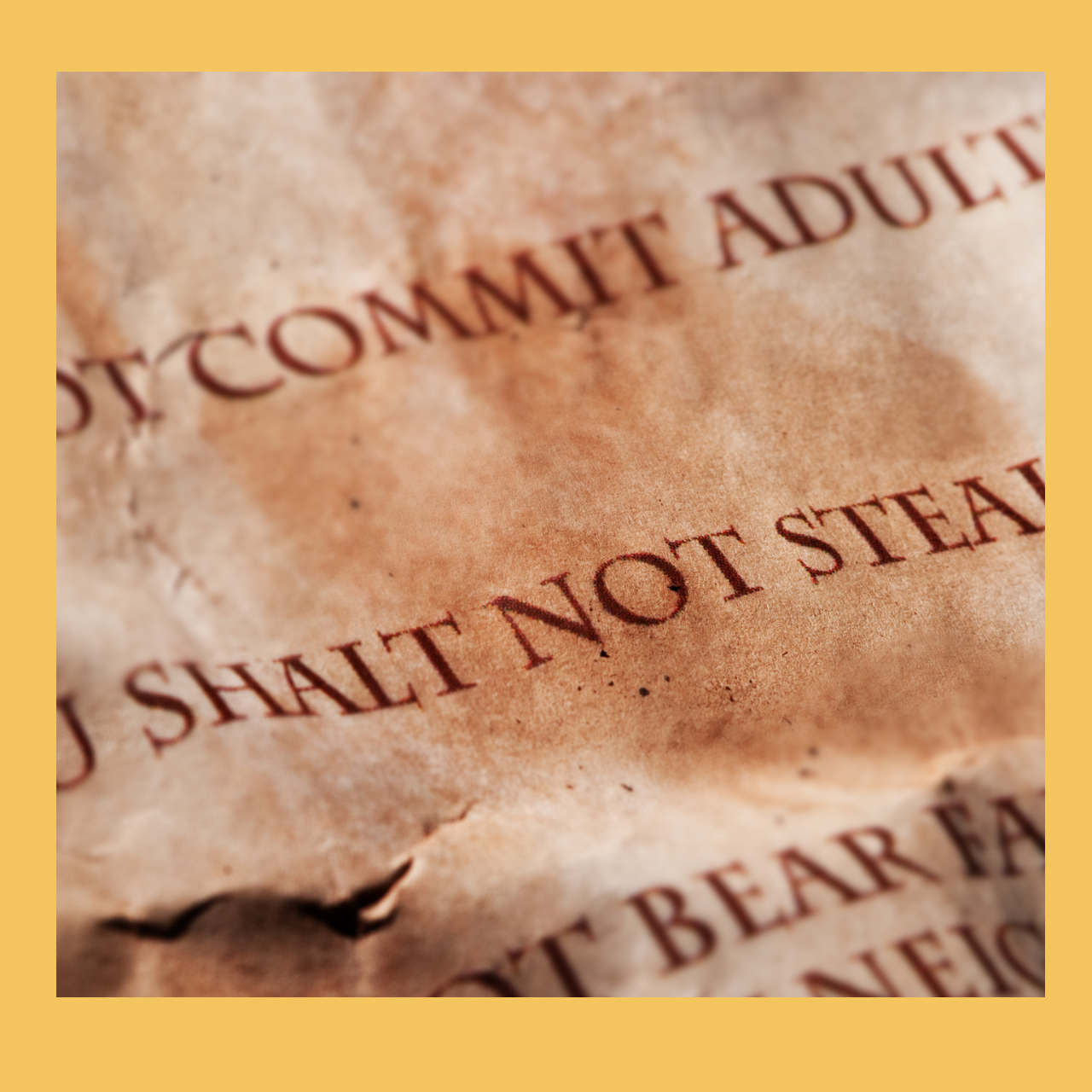
“Remember the Sabbath day by keeping it holy” (Exodus 20:8).
Ever come across the saying that if you work with your hands, rest with your mind, and if you work with your mind, rest with your hands? This concept struck me in a podcast. For instance, if you spend your week in a data-entry job, a Saturday walk or a game of pickleball could be refreshing. Conversely, if you’re busy with childcare and household tasks, unwinding with a book or a crossword puzzle might be more rejuvenating. God introduced and modeled rest even before sin entered the world. Today, let’s delve into the fourth commandment: Remember the Sabbath day by keeping it holy.
What Is the Sabbath?
The term “Sabbath” isn’t commonly heard today, but it was integral to Jewish culture. In Hebrew, the word for Sabbath is Shabbat, meaning intermission. Think of it like a break in a theatre performance—a time to stretch, refresh, and prepare for the next act. Similarly, at the end of a busy week, God invites us to pause and reset before resuming His work. Consider a sports team during halftime: players breathe, refocus, hydrate, and listen to their coach to finish strong. God designed us to be dependent on Him, requiring a weekly break. Though God didn’t need rest after creation, He chose to rest to set an example and sanctify that day for us. “Six days you shall labor and do all your work, but the seventh day is a Sabbath to the Lord your God. On it, you shall not do any work, neither you, nor your son or daughter, nor your male or female servant, nor your animals, nor any foreigner residing in your towns. For in six days, the Lord made the heavens and the earth, the sea, and all that is in them, but he rested on the seventh day. Therefore the Lord blessed the Sabbath day and made it holy” (Exodus 20:9-11).
The Sabbath isn’t meant to burden us but to be a blessing and delight. Acknowledging our frailty, God provides the Sabbath for physical rest and spiritual renewal, reconnecting us with Him. Ironically, in our culture, we often have to work hard to rest intentionally. We live in an overachieving yet simultaneously lazy society, where binge-watching or social media scrolling is mistaken for true rest. But is this what God intended? I recently spoke with a Christian couple from Israel who observe the Sabbath on Saturdays. They dedicate time to prayer and worship, avoiding distractions and chores. Their commitment to this biblical commandment was inspiring. They eagerly seek their Savior on their day off. Are we eager to do the same? Is our chosen Sabbath day focused on personal accomplishments, or on resting in Christ’s work? Jesus completed the work so we could rest.
Jesus and the Sabbath
Grain Picking on the Sabbath: Once, the Pharisees criticized Jesus for picking grain on the Sabbath (Mark 2:23-28). Jesus referenced David’s need for food and the high priest providing consecrated bread meant for priests. He said, “The Sabbath was made for man, not man for the Sabbath. So the Son of Man is Lord even of the Sabbath” (Mark 2:27-28). The Sabbath was meant to bless humanity, not burden it. Jesus upheld the Sabbath’s holiness, countering the Pharisees’ legalism.
Healing a Man with a Shriveled Hand: On another Sabbath, a man with a shriveled hand was in the synagogue. The Pharisees watched Jesus to find grounds for accusation. Jesus asked, “Which is lawful on the Sabbath: to do good or to do evil, to save life or to destroy it?” (Luke 6:9). Then He healed the man. The Pharisees were furious, focusing on tradition over compassion. Jesus demonstrated that the Sabbath is a gift, not a burden.
Healing a Crippled Woman: On another Sabbath, Jesus healed a woman crippled for 18 years (Luke 13:10-17). When criticized by the Pharisees, He pointed out their own Sabbath practices, such as untying animals for water, highlighting their hypocrisy. Jesus emphasized that the Sabbath should prioritize human needs over rigid rule-following.
The Ongoing Debate
A major debate in Christian circles today is whether the Sabbath still applies. Some question its relevance due to Jesus’ actions on the Sabbath. However, all of God’s laws are perfect (Psalm 19:7), and we shouldn’t selectively obey them. The Ten Commandments, viewed through a believer’s lens, offer freedom and benefit. Jesus exemplified this, balancing Sabbath rest with acts of compassion. Hebrews 4:1-11 provides further insight into the Sabbath post-ascension. It states, “There remains, then, a Sabbath rest for the people of God. For whoever enters God’s rest also rests from his own work, just as God did from His. Let us, therefore, make every effort to enter that rest, so that no one will fall by following the same pattern of disobedience” (Hebrews 4:9-11).
Conclusion
I choose to rest, to renew, and to take this intermission, mirroring God’s rest on the seventh day. Though I’m still learning how to spend this time effectively, I believe the Sabbath is a blessed opportunity for family, friends, and reconnecting with our Savior. Notice the directive: “Make every effort to enter that rest.” It’s not natural for us, but with the Spirit’s guidance, it’s a rewarding practice.
